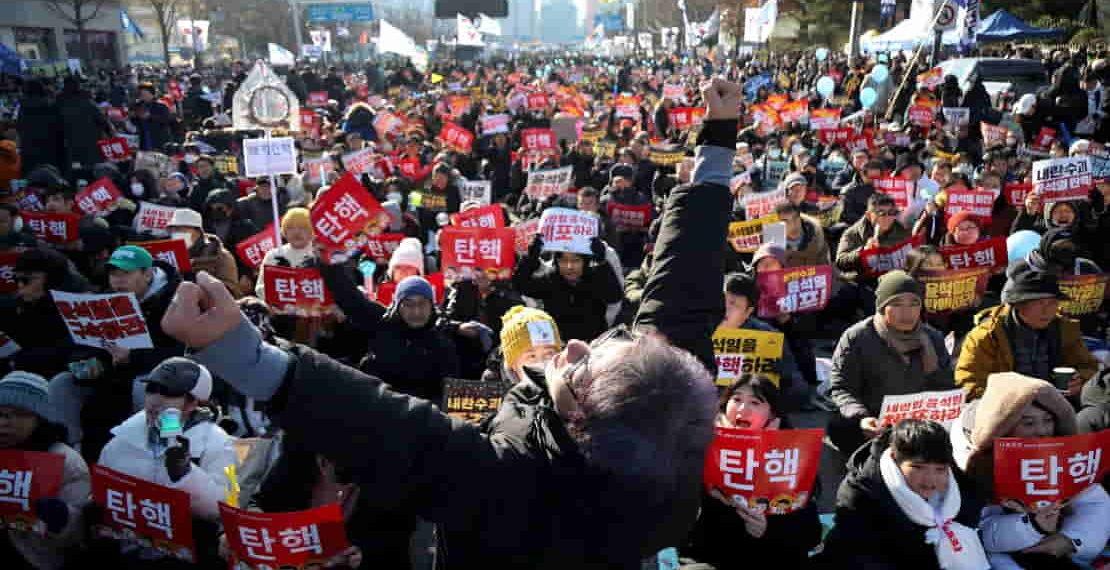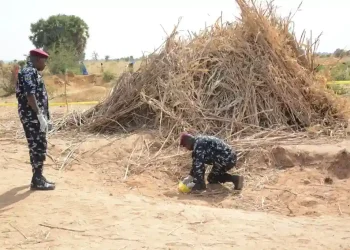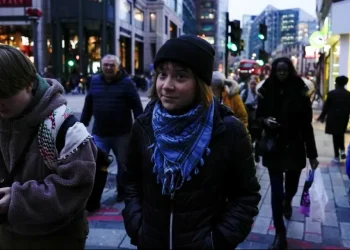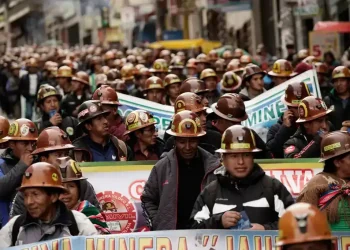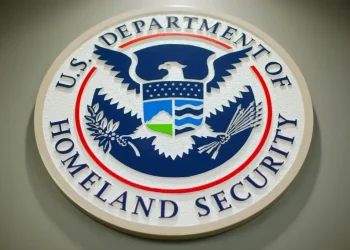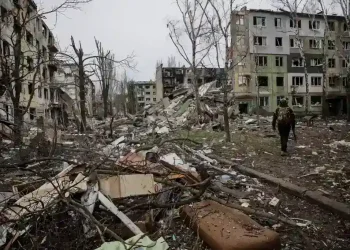South Korea’s Parliament Impeaches President Over Martial Law Scandal
South Korea’s parliament voted on Saturday to impeach President Yoon Suk Yeol, marking a dramatic rebuke after his controversial martial law attempt. The decision, backed by members of his own ruling party, suspends Yoon from office pending a Constitutional Court ruling.
A Historic Move
This is only the second time in less than a decade that a South Korean leader has faced impeachment. The vote has temporarily stripped Yoon of his powers, with Prime Minister Han Duck-soo assuming the role of acting president. Han assured the public, “I will devote all my strength and effort to the stable operation of state affairs.”
The impeachment followed weeks of escalating political turmoil after Yoon’s brief declaration of martial law on December 3. Soldiers were deployed to parliament, but lawmakers managed to push past troops and vote down the decree. This unprecedented move shocked South Koreans, who saw it as a stark reminder of the country’s authoritarian past.
Public Reaction and Political Fallout
The impeachment vote, passed by 204 lawmakers with 85 against, sparked celebrations outside parliament. Thousands of protesters gathered in Seoul, with many chanting, “Democracy is back!” One protester told CNN, “He surely tried to have a war against the citizens, so this is just what he deserved.”
Meanwhile, Yoon’s supporters also rallied in downtown Seoul, waving flags and chanting slogans in his defense. In a statement, Yoon vowed to persevere. “I will not give up,” he said, adding, “With all the encouragement and support for me in mind, I will do my best until the last moment for the nation.”
Martial Law Controversy
Yoon’s declaration of martial law, which he justified as necessary to break political deadlock, has been widely condemned. Opposition parties accused him of abusing his power, and even members of his ruling People Power Party turned against him. The party’s leader eventually backed impeachment, calling it the “only way to defend democracy.”
Scenes from December 3 showed security forces breaking windows at the National Assembly in an attempt to prevent lawmakers from gathering. Yoon’s actions galvanized protests across the country, with many citizens recalling the brutality of past military dictatorships.
Legal and Political Consequences
Yoon’s fate now rests with the Constitutional Court, which has up to six months to decide whether to uphold the impeachment. If confirmed, he will become the second South Korean president removed from office by impeachment, following Park Geun-hye in 2017.
Adding to the uncertainty, Han Duck-soo faces his own scrutiny over his role in the martial law decision. Investigations are underway, with prosecutors and anti-corruption bodies probing allegations of treason and abuse of power.
Growing Pressure and Investigations
The controversy has led to police raids on the presidential office and the detention of former defense minister Kim Yong-hyun, who allegedly recommended martial law. Kim, now under investigation, attempted to take his own life while in custody. Yoon himself has been barred from leaving the country and is under investigation for potential insurrection.
Special Warfare Command Commander Kwak Jong-geun testified that Yoon had ordered him to break into the National Assembly and drag out lawmakers. Kwak’s refusal to comply further underscores the divisiveness of Yoon’s actions.
A Nation in Turmoil
Yoon’s presidency has been marred by political scandals, low approval ratings, and gridlock with an opposition-majority parliament. His administration’s crackdowns on media, including raids on prominent outlets, further eroded public trust.
As South Korea faces months of political uncertainty, parallels are being drawn to the impeachment of Park Geun-hye. The country’s hard-won democracy is once again being tested, with the outcome of Yoon’s impeachment likely to shape its political landscape for years to come.
This article was rewritten by JournosNews.com based on verified reporting from trusted sources. The content has been independently reviewed, fact-checked, and edited for accuracy, neutrality, tone, and global readability in accordance with Google News and AdSense standards.
All opinions, quotes, or statements from contributors, experts, or sourced organizations do not necessarily reflect the views of JournosNews.com. JournosNews.com maintains full editorial independence from any external funders, sponsors, or organizations.
Stay informed with JournosNews.com — your trusted source for verified global reporting and in-depth analysis. Follow us on Google News, BlueSky, and X for real-time updates.
